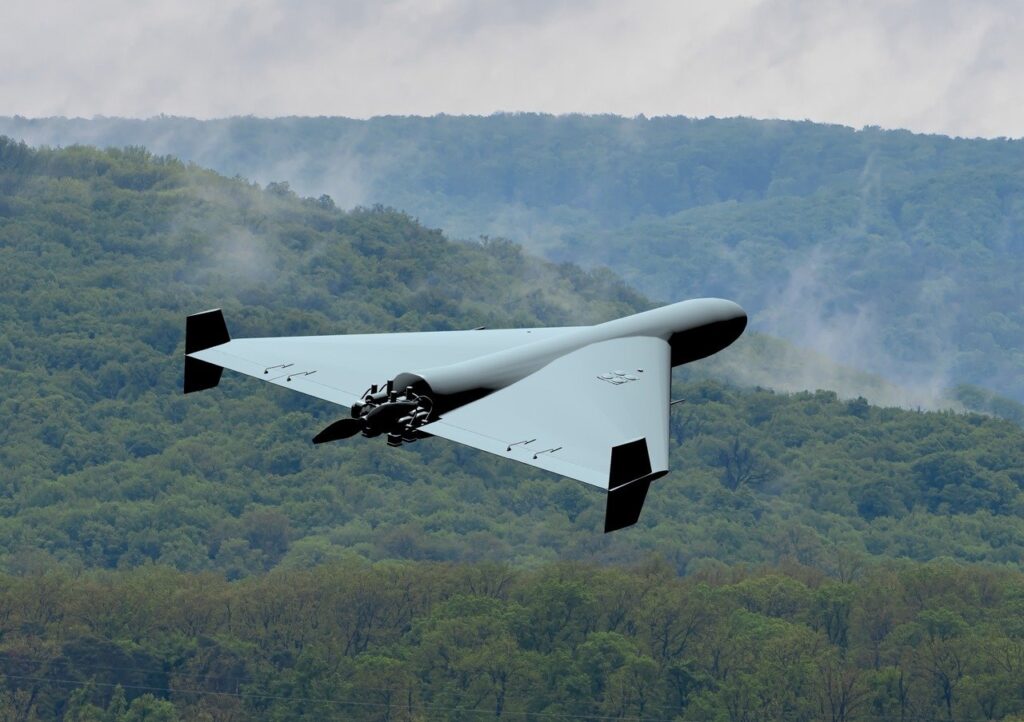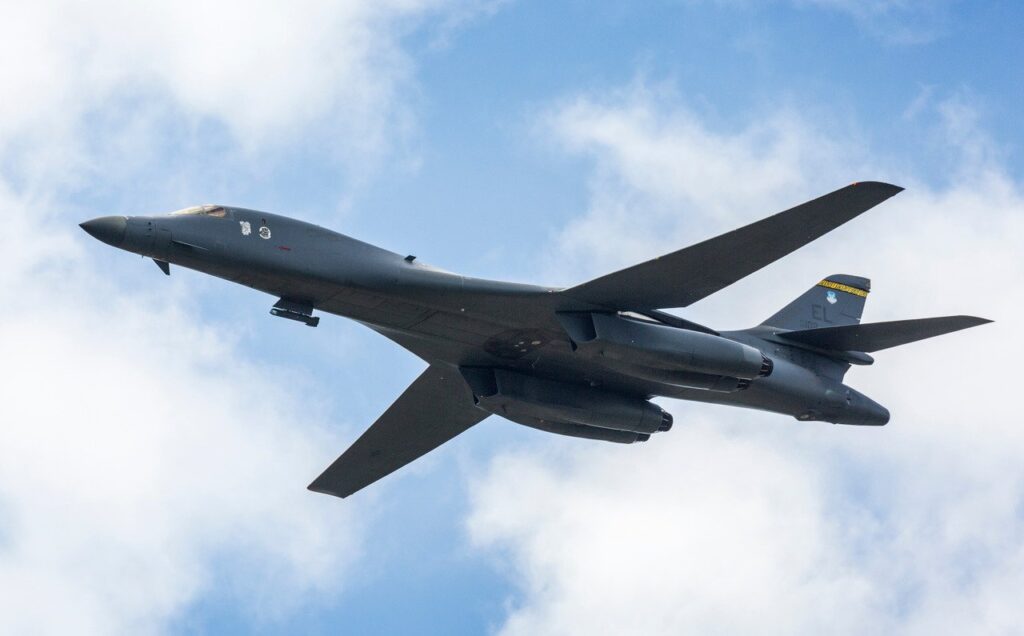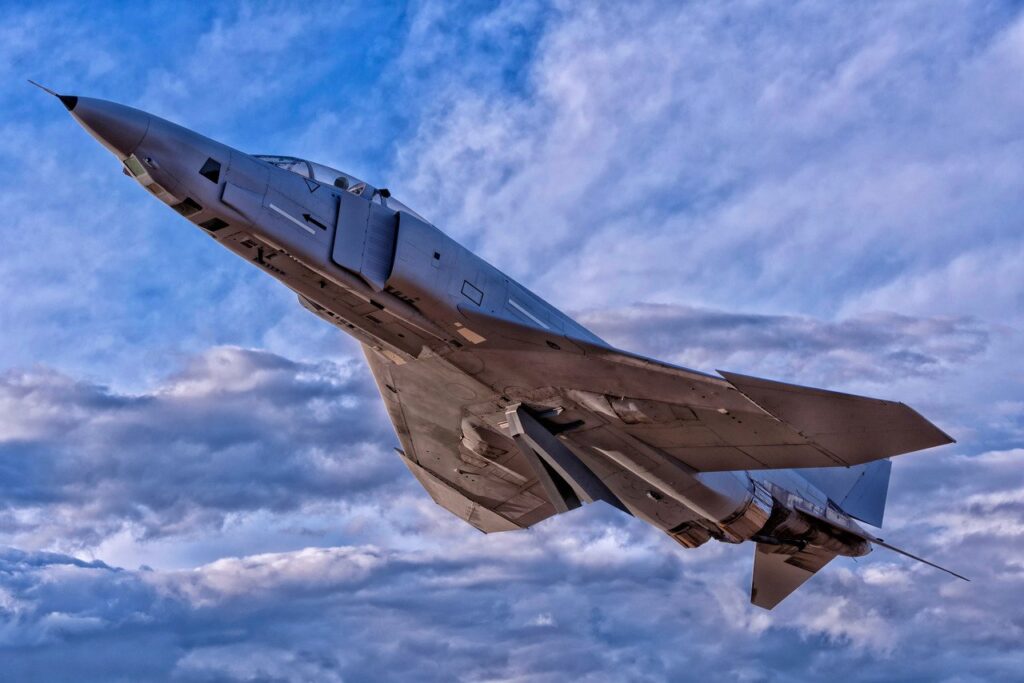
NATO’s New Challenge: The Uncertain Future of the Russian Military
Relief or Rancorous: How Much of a Threat Will Putin’s Russia Be to NATO After the Ukraine War?: At this point, we do not know how Russia’s war of aggression against Ukraine will end, whether with a deserved full restoration of Ukrainian territorial sovereignty or a Russian victory over Kyiv. Perhaps there will be some compromise between those extremes. However, concerning future Russian relations with the West, the even more important question involves how the Russian foreign policy elite, whoever that is, will view the conclusion of the war.
Will territorial victory whet its appetite for more adventures? Will a crushing defeat leave it embittered and plotting for revenge? Or will it decide that it is time to find some realistic accommodation with the West? The prevailing mindset after the conclusion of the war will decide Russia’s future course. Unfortunately, the prospects for Russia remaining a threat in several theaters outweigh the likelihood of partnership.
First and foremost, Russia will remain a major nuclear power, while the West, especially the U.S., has let its strategic arsenal atrophy. Meanwhile, Russia participates in a de facto alliance with nuclear powers China and North Korea, and soon-to-be nuclear Iran. In contrast, America’s nuclear allies, France and England, are caught in a downward spiral of de facto deescalation, as their residual military capacity withers away.
Not only is the West losing in terms of strategic deterrence capacity; but Russia has a structural advantage regarding the deployment of the short and medium-range nuclear weapons that Putin has suggested he could bring into play on the battlefield in Ukraine. The prospect that the U.S. might counter by stationing similar arms in Germany has already reawakened the anti-American, anti-nuclear forces in the Russophile political parties in Central Europe. The deterrence question therefore can quickly become a divisive debate that can tear the Atlanticist West apart.
Second, whatever the future of Ukraine, Russia is sure to continue to project power to its southwest. One way or another it wants to act as a Black Sea power, threatening Georgia, and most likely pursuing gradual accommodation with Turkey. To be sure, President Erdogan has advocated the full return of Crimea to Ukraine, he has a special interest in the Crimean Tatars.
Nonetheless, Moscow is bound to woo Ankara in a ploy to break up NATO, especially after the European Union has given a cold shoulder to Turkey’s accession. Russia will furthermore continue to reach for Syria, especially to maintain its naval facility at Tartus but more generally to remain a player in the region to which the Obama administration let it return. Furthermore expect Russia to play the spoiler in the Balkans, reigniting the smoldering ethnic tensions, while also exploiting the “Balkan route” for weaponized immigration into Europe, now that Poland and Finland have succeeded in closing their borders.
Third, Russia is certain to expand its strategic footprint in the Arctic, as global warming makes the region more accessible for navigation and resource extraction. In the eventuality of a Chinese attempt to annex Taiwan, Russian control of the Kuril Islands in Japan’s north may become strategically significant. At stake after all is the Chinese goal of reducing American hegemony on Asia’s eastern coast, and Russia can play a key role in that initiative. This theater may be less of a Russian priority, but as Moscow becomes increasingly the junior partner to Beijing, it may be pulled inexorably in the Pacific and Arctic direction toward conflicts with the West.
Russia therefore has the potential to become a significant geostrategic threat, on its own but especially as part of an axis with China, Iran, and DPRK. To minimize this potential, the U.S. needs a policy, once the war in Ukraine is concluded, to pull Russia into a west-facing partnership, i.e. to break it away from China, without however betraying our Central European allies. The prospect of a Western block that includes Russia in a post-Putin era should be on the table as a viable goal. We should be preparing for that future security architecture.
About the Author:
Russell A. Berman, the Walter A. Haas Professor in the Humanities at Stanford University, is a senior fellow at the Hoover Institution and a co-chair of the Working Group on Islamism and the International Order. At Stanford, he is a member of both the Department of German Studies and the Department of Comparative Literature at Stanford, and he specializes in politics and culture in Europe as well as in the Middle East. He has served in numerous administrative positions at Stanford, including as chair of the Senate of the Academic Council. Follow him on X @RussellBermanSF.
Image Credit: Creative Commons and/or Shutterstock.


